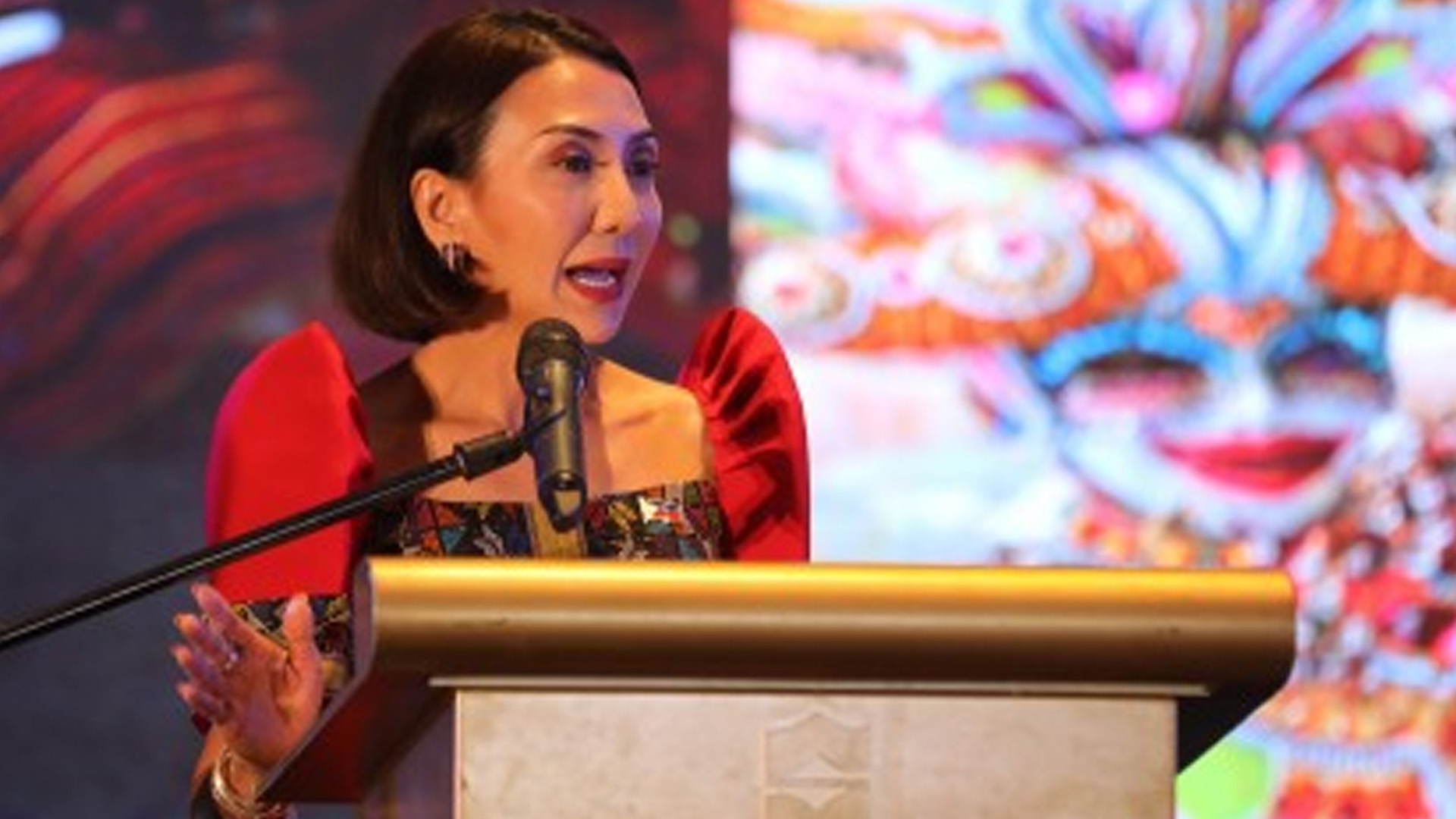The Philippine government on Thursday vowed to promote inclusive travel in its bid to position the country as an LGBTQI+-friendly destination in the region.
During the first Tourism Pride Summit in Makati City, Tourism Secretary Christina Frasco said the Philippines plans to implement programs and initiate government interventions to address the unique challenges that the community faces when traveling.
The summit, she said, is one intervention to spark conversation and give members of the LGBTQIA+ a platform where they can share experiences and suggestions on how the government can make travel enjoyable and safe for them.
“Under the administration of President Ferdinand Marcos Jr., he seeks a tourism industry that is inclusive, where no destination and no stakeholder is left behind in the development of our country,” Frasco said.
“That is why in our effort to reach our hand of collaboration to the farthest reaches of our country, we reach out our hand of collaboration as well to the many sectors that are involved in tourism, especially and including the LGBTQIA+ community,” she added.
Frasco noted that LGBTQIA+ tourism presents vast opportunities for growing the Philippine tourism industry portfolio.
Citing data from the United Nations World Tourism Organization, Frasco said there are an estimated 36 million LGBTQIA+ travelers around the world.
“We recognize the strength of capitalizing on LGBTQIA+ tourism considering that it is a USD200 billion industry that’s only slated to grow at half a trillion dollar industry by 2030,” she said.
Lawyer Regal Oliva, the first transgender woman president of the Cebu Lady Lawyers Association (CELLA), said understanding the specific needs of LGBTQIA+ members would be crucial in creating a good travel experience for the community.
“Inclusive activities and knowledgeable staff can make a significant difference. Simple gestures like displaying the LGBT flag or the pride flag or having gender-neutral facilities can send a powerful message of acceptance,” she said during the summit.
She also sought increased support for LGBTQIA+-led events, film festivals and pride marches not only to attract travelers but to also involve local communities and allow them to learn about the needs of LGBTQIA+ travelers.
With its rich culture and natural destinations, Oliva said the Philippines has the potential to be a “beacon for LGBTQIA+ travelers”.
“The Philippines is a diverse nation and this diversity is its strength. By showcasing the LGBT experience, we send a powerful message to the world that the Philippines is a destination where all are welcome, regardless of sexual orientation or gender identity,” she added.
Oliva said the DOT’s adoption of its new tourism branding “Love the Philippines” is also timely as “it is only in love that all can be achieved because love always wins”.
Some of the subjects also discussed at the summit were gender inclusivity and training in the hospitality sector, the need to establish a tourism education curriculum anchored on inclusivity and the crafting of experiences that cater specifically to the LGBTQIA+ community.
“At the moment, the effort is to educate and to bring awareness to the massive contribution of the LGBTQIA+ community and the massive opportunities that we can have by capitalizing on the opportunity to grow this niche market in global tourism,” Frasco said in a separate interview.
“Ang nais po natin ay hindi lang isang lugar sa Pilipinas ang maging open for the LGBTQIA+ tourism but many places in the Philippines (We don’t plan to open only one single location for them, we want them to be welcome in many places in the Philippines). After all, we have 7,641 islands that can provide welcome and open (destinations for them),” she said. (PNA)




